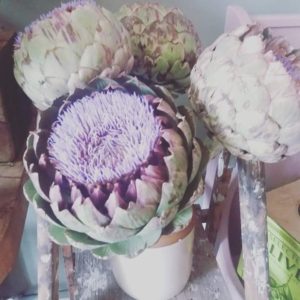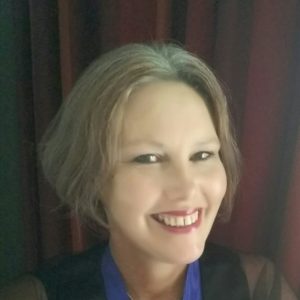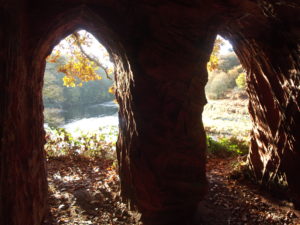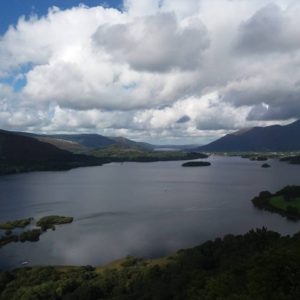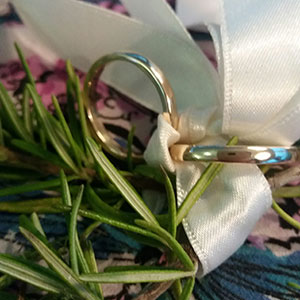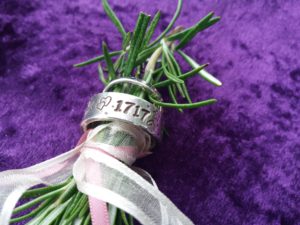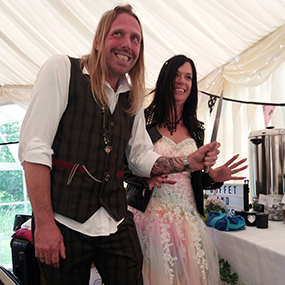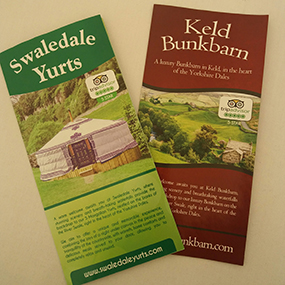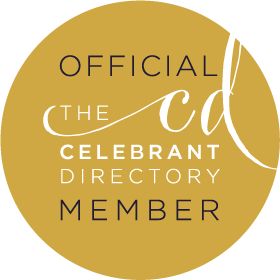As an Aussie-born child, I had the delicious delight of being raised by German parents. Christmas was an absolute joy and wonder year after year. It was never a commercialised event based on how much money could be spent or buying presents to make up for presence; and it is still a ceremony that I hold as sacred (not in a religious sense, but as a time of family devotion, love and dedicated rituals).
Amongst the beautiful memories of singing carols in German and English by the gorgeously scented Christmas tree (grown on our land) with candlelight all around, are the tastes of Christmas. Mother would bake stollen (German fruit bread with marzipan). Our home would be awoken by the scent of spices mingling, brandy, almonds and honey as the yeast-based dough rose willingly in a warm bowl. As I sat nibbling on some shop-bought stollen today (with the student I have here for 5-day celebrant training), I confessed to feeling a bit like a fraud eating the stollen I’d bought when I’m perfectly capable of making one (and have done, over the years while my daughters were growing up).
While my student, Lorna, is writing a naming ceremony, soup is simmering on the stove top. Despite the grey, glum day outside, we’re warm and cosy. Not long now till I’ll serve up the home-made minestrone for lunch. How good does food taste when made with love and care and cooked from raw ingredients? So many of my warmest childhood memories are tied up around delicious food always cooked from scratch: the best mushroom soup ever made from the wild mushrooms we’d collect after much-needed rain. Saturday night was always pancake night (crepe-like with lemon juice and brown sugar): mum’s secret ingredient was custard powder. Whether it was delicious sweet treats like stollen or lebkuchen or the healthy salads we’d eat at night, they were always prepared with care.
After reading through some of the ceremonies I shared with Lorna as part of her training, she made the comparison between celebrants who use templated scripts for their ceremonies (the ‘cut and paste’ celebrants), and those who write (cook) from scratch. The difference is… LOVE.

The pot of minestrone I made for my daughter a few days after she’d given birth to my granddaughter.
Similarly, registrars use one of three or four scripts (in the UK) and everybody gets one of those for their wedding ‘ceremony’. It’s like having cup-a-soup from a packet. They all taste the same. One size fits all. Yeah, it’ll do, but really, where’s the magic? Where’s the love? Where’s the care? Where’s the personalisation?
When I make a pot of minestrone, there’ll always be similar things: the tomatoey base, some gluten-free spaghetti and some beans. Everything else is ‘what do I have? What will make this delicious?’ It could be, as in today, sweet potato, red pepper, spinach leaves, pinto beans, smoked paprika, black pepper, Italian herbs. Another time, it might have green beans, broccoli, carrots, potato. It’s still minestrone but it’s personalised.
When I order soup in a café (and I rarely do, as I’d rather have my own soup at home), I can immediately taste if it’s from a can or a packet. Immediately! When you’re a heart-led celebrant, you can immediately recognise a scripted ceremony when you hear/read it.
As celebrants, we surely come to this role as guardian of the liminal spaces that people must pass through on their rites of passage to give them the best ceremony (and celebrant) they deserve? Now, it’s fair to say that in a ‘hungry’ world where people are generally deprived of meaning, it could be said that any ceremony will fulfil that need. If you have the choice to feed someone soup from a packet or one you’ve made yourself, presumably the first is only an option if you’ve no other food in the house? As a celebrant, though, we ALWAYS have food in the house of our creativity. If we’re too lazy to draw on those ingredients, perhaps the job should be left to someone who has the time, care and energy to make a worthwhile offering?
Veronika Robinson is a Heart-led Celebrant who has been officiating ceremonies since 1995, and is a Celebrant Trainer in Cumbria where she offers private tuition in all aspects of celebrancy. She’s also the editor of The Celebrant magazine. Veronika is currently President of the Association of Independent Celebrants.



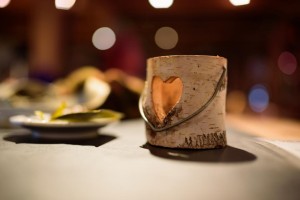
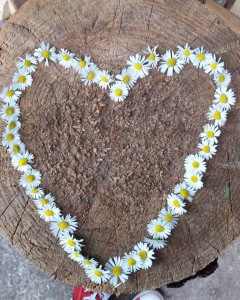



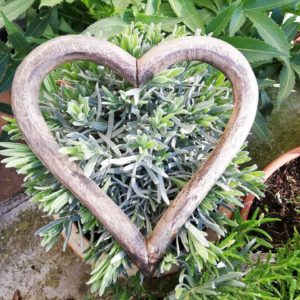




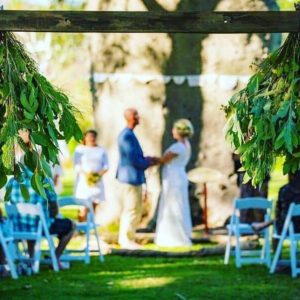
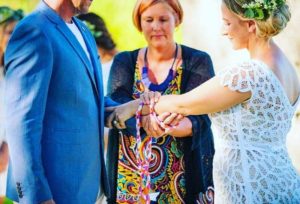
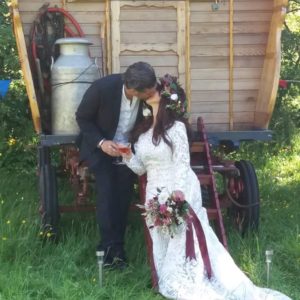

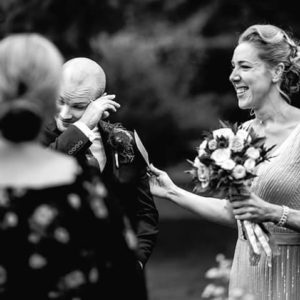





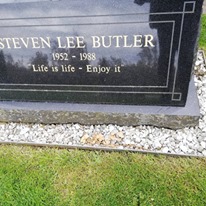
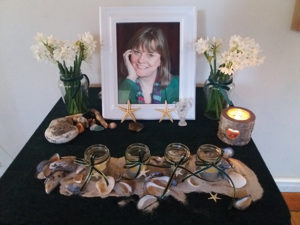
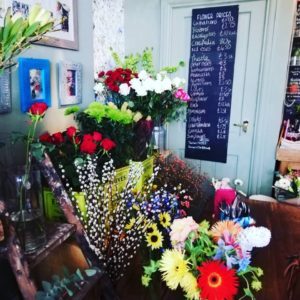





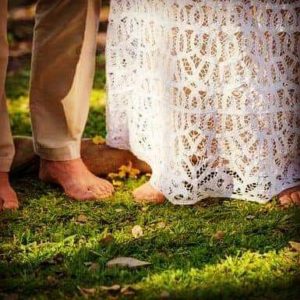
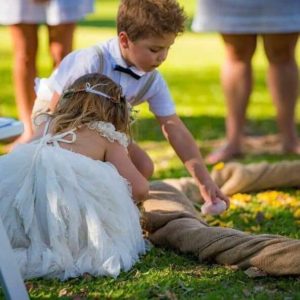
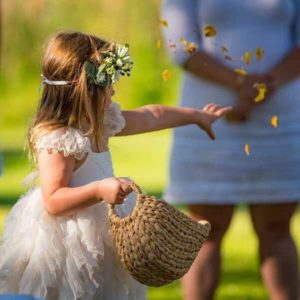







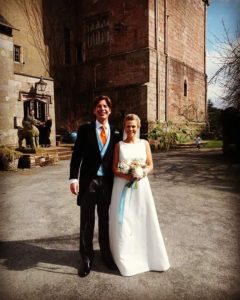
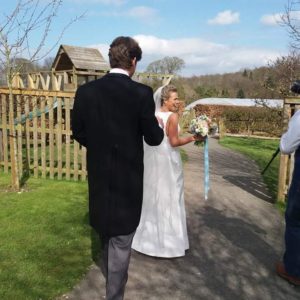

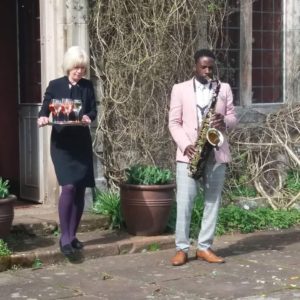

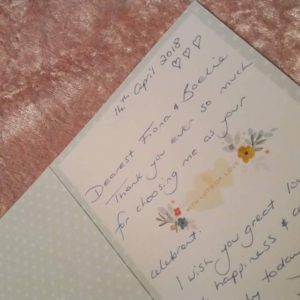
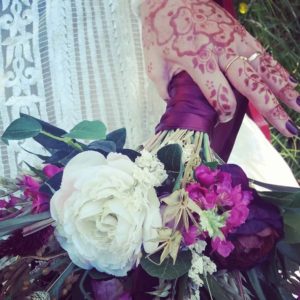
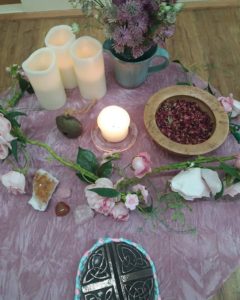
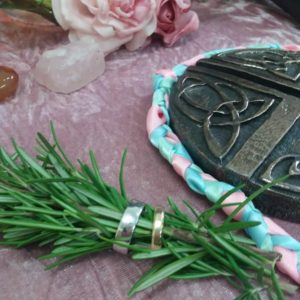
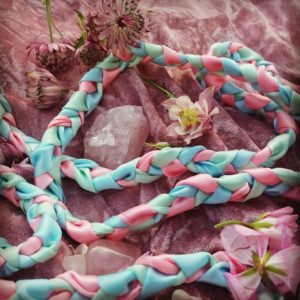
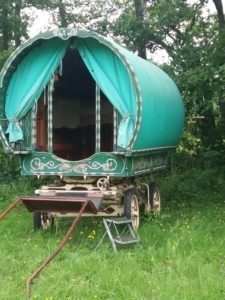
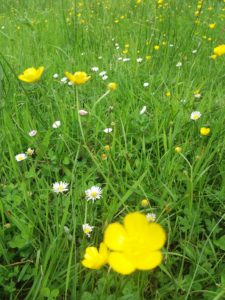
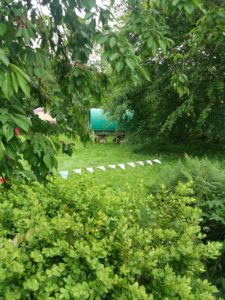 www.veronikarobinson.com/celebrant
www.veronikarobinson.com/celebrant